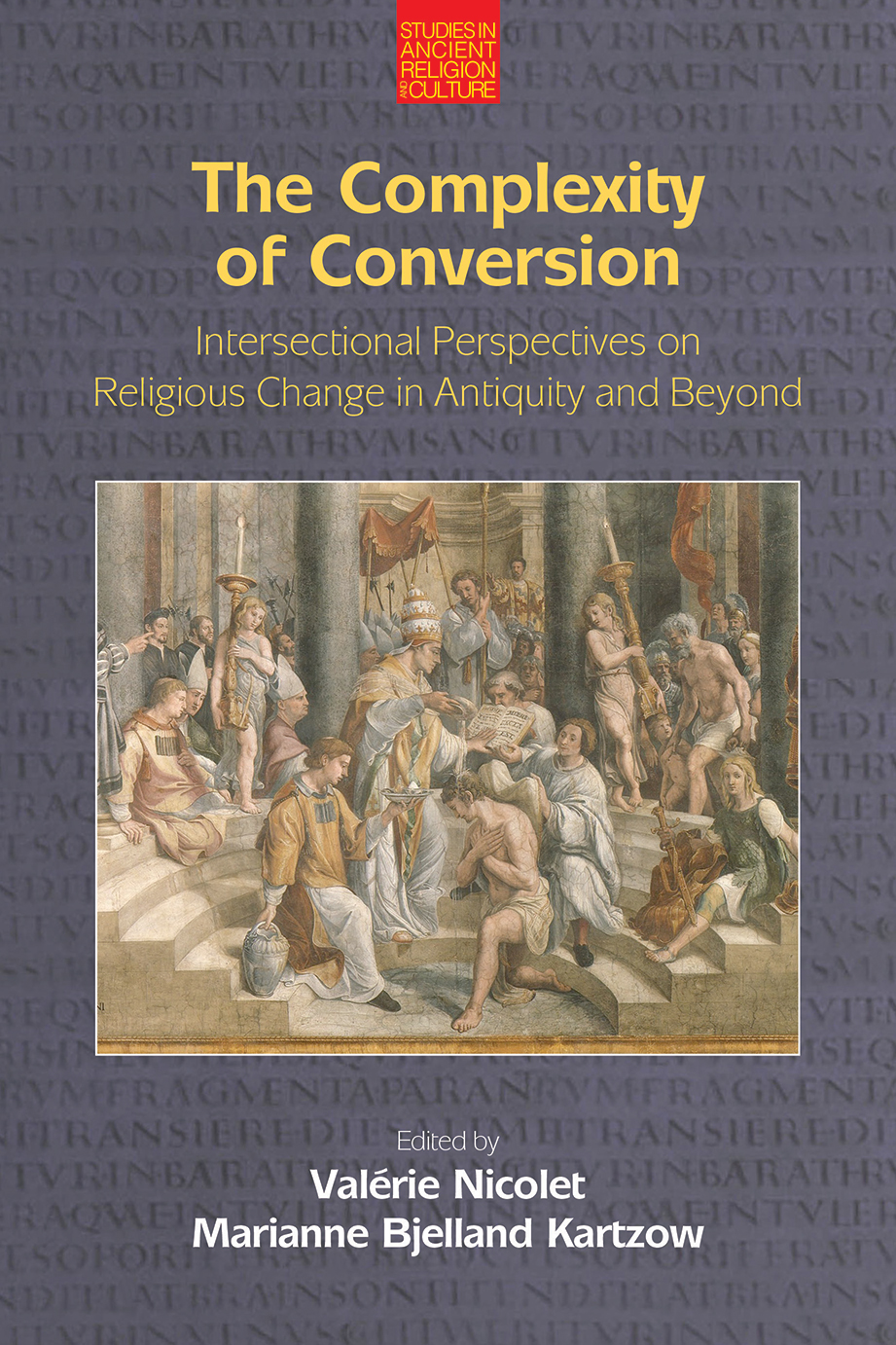Studies in Ancient Religion and Culture
Editorial Board
Paul Middleton, University of Chester, U.K. Kimberly Stratton, Carleton University, Canada Nickolas P. Roubekas North-West University, South Africa
Studies in Ancient Religion and Culture (SARC) is concerned with religious and cultural aspects of the ancient world, with a special emphasis on studies that utilize social scientific methods of analysis. By “ancient world”, the series is not limited to Greco-Roman and ancient Near Eastern cultures, though that is the primary regional focus. The underlying presupposition is that the study of religion in antiquity needs to be located within cultural and social analysis, situating religious traditions within the broader cultural and geopolitical dynamics within which those traditions are located.
This series also encourages cross-disciplinary research in the study of the ancient world. Due to the historical development of various academic disciplines, there has arisen a set of largely isolated and competing fields of study of the ancient world. Often this fragmentation in academia results in outdated or caricatured scholarly products when one discipline does use research from another discipline. A key goal of this series is to help facilitate greater cross- and inter-disciplinary work, bringing together those who study ancient history (especially social history), archaeology (of various methods and geographic focuses, as well as theorists in archaeology), ancient philosophy, biblical studies, early patristics/church history, Second Temple and formative Judaism, Greek and Roman classics, philologists, etc.
Given the focus on the social and cultural context within which religion functions, the series also invites projects that explore the various social locations in which real people in antiquity practiced or interacted with their religious traditions. For instance, the domestic cult, food production and consumption, temple worship, funerary practices/monuments, development of social networks, military cult, ancient medicine, etc.
Finally, the series encourages a broader application of theoretical and methodological tools to the study of the ancient world. While the main perspective is social scientific (understood broadly), specific analyses from the reservoir of critical theory, narrative theories, economic theory, bio-archaeology, gender analysis, anthropology of religion and cognitive theory are welcome.
Prospective authors or volume editors are advised to contact Phil Tite in the first instance to discuss projects.







